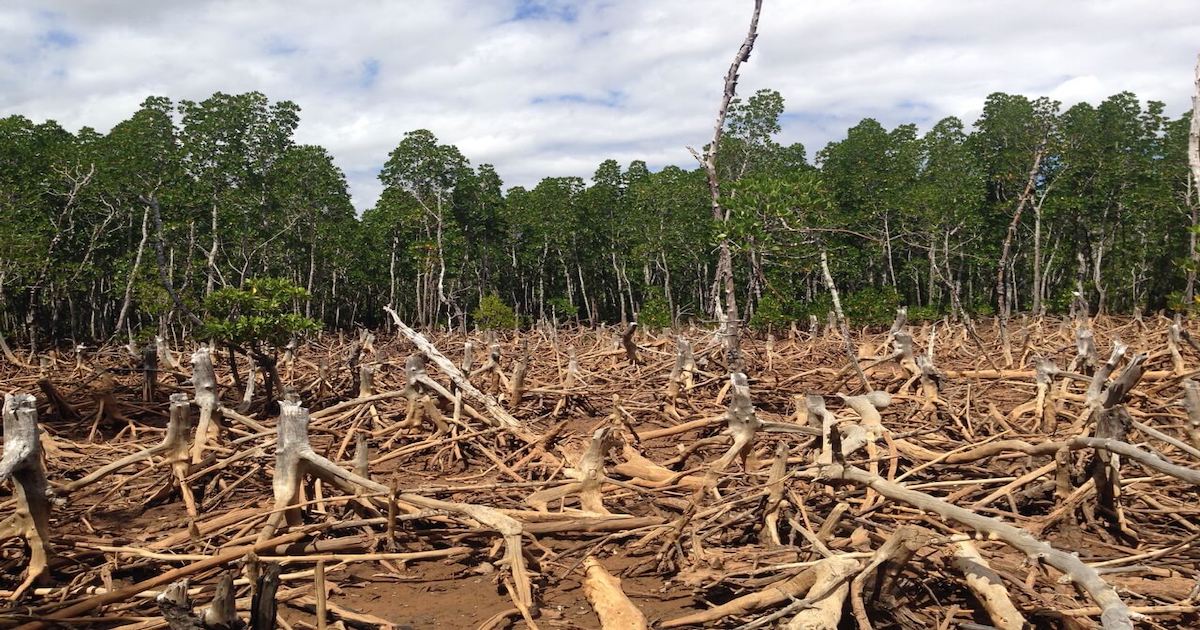On 29 June 2023, the Regulation on deforestation-free products entered into force. The main driver of these processes is the expansion of agricultural land that is linked to the production of commodities like cattle, wood, cocoa, soy, palm oil, coffee, rubber, and some of their derived products, such as leather, chocolate, tyres, or furniture. As a major economy and consumer of these commodities linked to deforestation and forest degradation, the EU is partly responsible for this problem and it wants to lead the way to solving it.
Under the Regulation, any operator or trader who places these commodities on the EU market, or exports from it, must be able to prove that the products do not originate from recently deforested land or have contributed to forest degradation.
The Regulation on deforestation-free products repeals the EU Timber Regulation. As of 29 June 2023, operators and traders will have 18 months to implement the new rules. Micro and small enterprises will enjoy a longer adaptation period, as well as other specific provisions.
By promoting the consumption of ‘deforestation-free’ products and reducing the EU’s impact on global deforestation and forest degradation, the new Regulation [EU] 2023/1115 on deforestation-free products is expected to bring down greenhouse gas emissions and biodiversity loss.
The Regulation is part of a broader plan of actions to tackle deforestation and forest degradation first outlined in the 2019 Commission Communication on Stepping up EU Action to Protect and Restore the World’s Forests. This commitment was later confirmed by the European Green Deal, the EU Biodiversity Strategy for 2030 and the Farm to Fork Strategy.
Additional reporting by theCooperator News
https://thecooperator.news/eu-backtracks-on-stricter-import-rules-amid-international-backlash/
Buy your copy of thecooperator magazine from one of our country-wide vending points or an e-copy on emag.thecooperator.news
